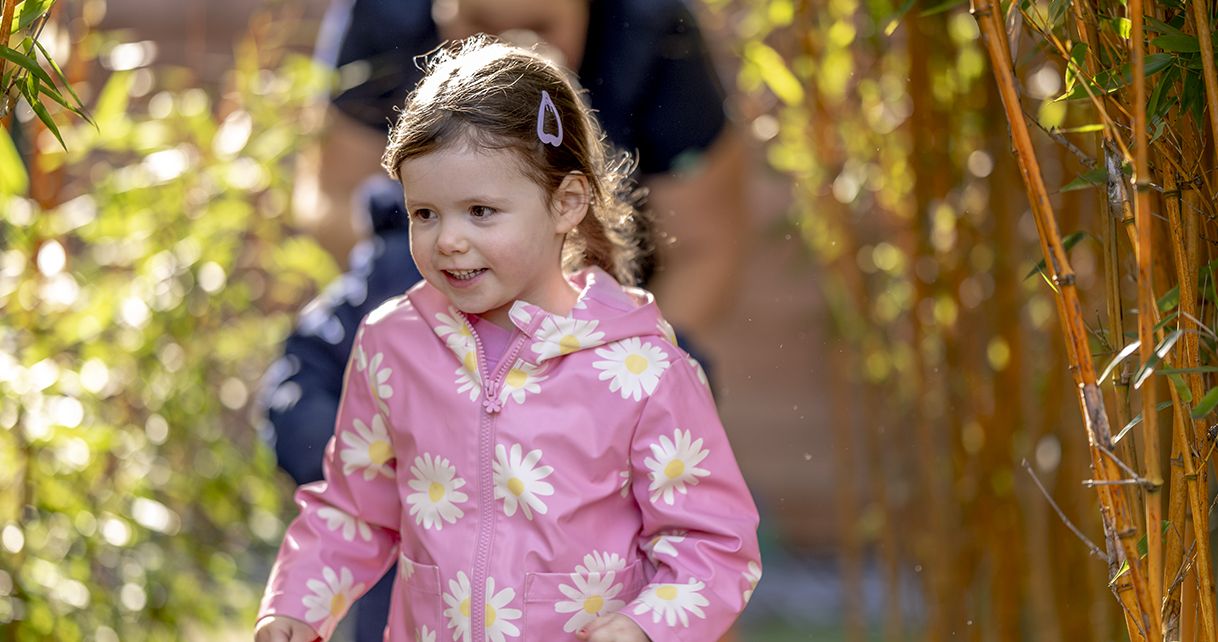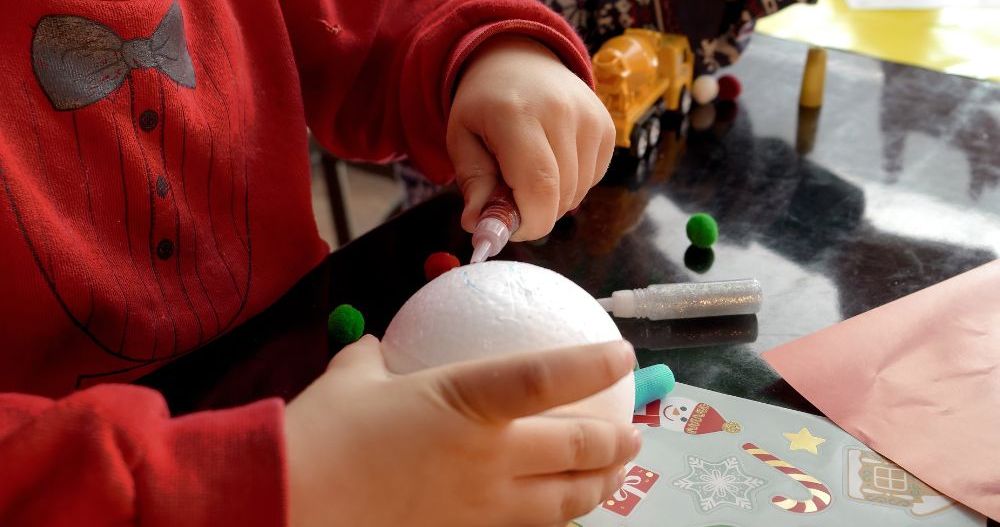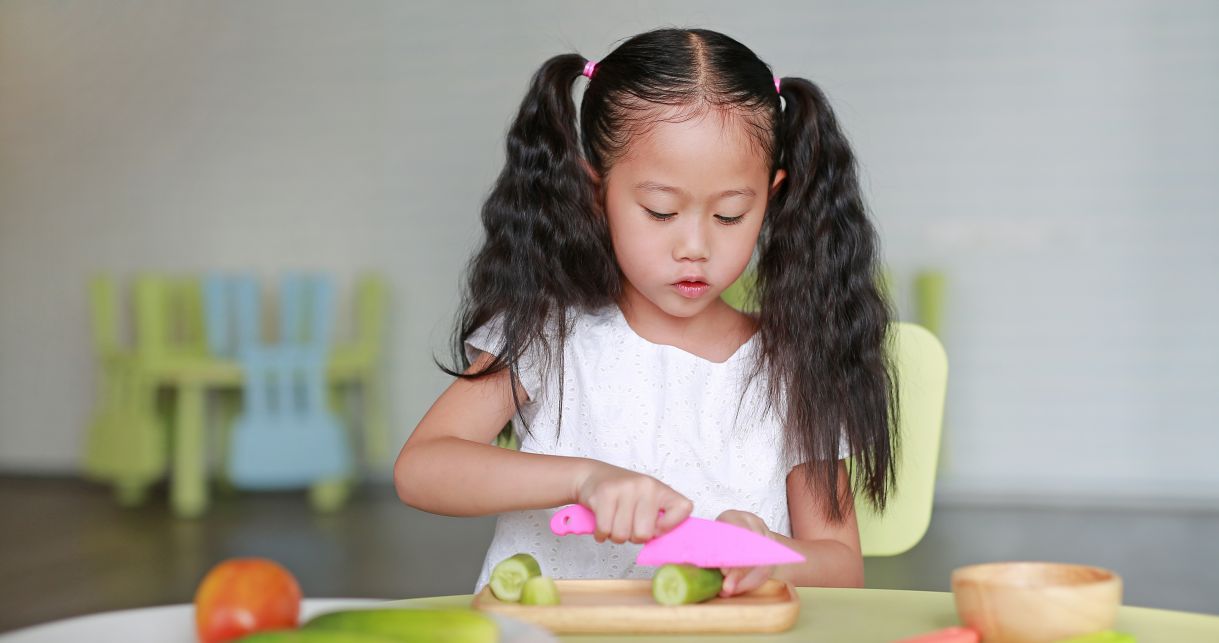min read
min read
min read
min read
With the summer holidays in full swing and only a few weeks to go until a new term begins, many parents preparing to send their children to school for the first time in September are feeling the pressure.
Starting school is an important milestone for every child and their family, and it doesn’t come without its emotional challenges. Thankfully, there’s still time for parents to help their children feel ready for the transition from nursery with easy and fun activities.
Our research* found that while seven in ten (72%) parents were excited about their child starting school, over half (52%) also felt nervous. The main concerns for parents were whether their child would be happy at school (79%), making friends (65%) and settling into their new routine (59%).
Jenny Shaw, Academic Lead at Busy Bees, said: “Of the parents we spoke to whose children are starting school in September, 85% said it would be a significant change for their child, and nurseries play a crucial role in helping families to feel confident about taking the next step.
“At Busy Bees, we aim to do all we can to support and celebrate this transition, both in and out of the classroom, to ensure that children are provided with the best start in life and feel confident for their next stage of learning.”
For parents keen to use the next few weeks to help with the transition, Jenny has shared her top five tips to help parents develop their children’s confidence before starting school:
Take a photo of your child’s school or encourage them to draw a picture, putting it somewhere they can easily look at it. Use this as a prompt to talk about how you and your child are feeling about starting school, as learning to use vocabulary for emotions and feelings will help your child express themselves and develop their sense of self. Allowing your child to look at the picture whenever they choose to will encourage these conversations and help develop their confidence.
Ask open-ended rather than yes or no questions to help develop your child’s language skills. Answering an open-ended question encourages children to become more engaged, think creatively and draw on a wider range of vocabulary.
Play games where your child is required to follow instructions such as ‘Simon Says’. Developing communication skills such as being able to listen attentively and follow instructions will help your child to understand their new routine when they start school and will help them when they start learning to read.
Lay out some clothes for your child and explain that you are going to practice “getting dressed by ourselves”. Encourage your child to put on each item, talking through anything they find tricky, and support them with solving the problem themselves.
Next, encourage your child to think about what they might need to add to their outfit if it was a stormy day. What about a sunny day? You could even set a timer and see if your child is able to beat the clock to get ready. Helping your child’s developing independence skills in other areas such as pouring their own drinks or managing their own self care needs will also help them to feel confident when they start school.
Practice the school morning routine as much as possible, including getting dressed and eating a good breakfast in time to leave. With 59% of parents surveyed concerned about their child settling into a new routine, it’s a good idea to practice the school run too, so that you’re both prepared for what to expect on the journey.
Help your child prepare for writing by encouraging them to strengthen their hands with activities like squeezing out a wet sponge or modelling with clay or dough.
Although your child doesn’t need to be able to write before they go to school, this will help to support their fine motor skills. You can also try painting, drawing, folding paper and screwing and unscrewing lids.
And if your child is already comfortable with using pencils, try cutting out pictures of their favourite superheroes or characters and tape them to the top of their pencils. Encourage your child to draw ‘super’ pictures with their new pencils.
For more advice on starting school, including a helpful ‘Journey to School’ tracker, visit: https://www.busybeeschildcare.co.uk/school-readiness
*From a poll of 581 Busy Bees parents with children who are starting school this September w/c 18.07.22
by
Published: 05/08/2022
Share Blog

by Busy Bees 26/01/2026
10 min read

by Busy Bees 01/12/2025
5 min read

by Busy Bees 01/12/2025
5 min read

by Busy Bees 27/11/2025
6 min read

by Busy Bees 25/11/2025
7 min read